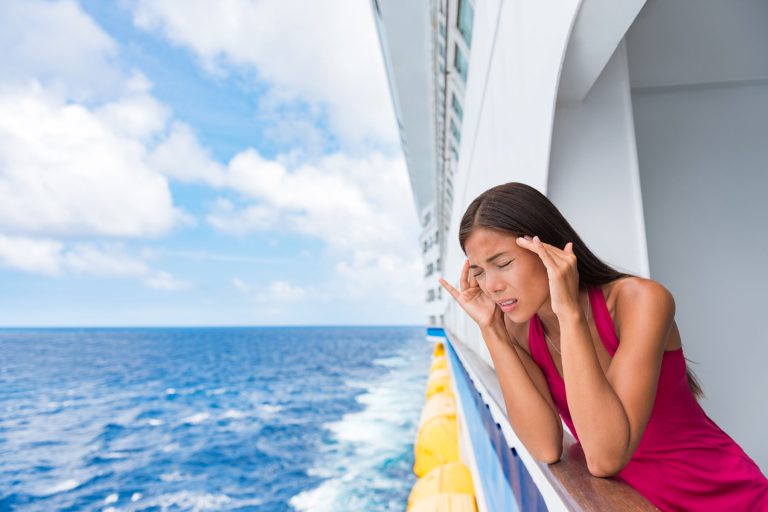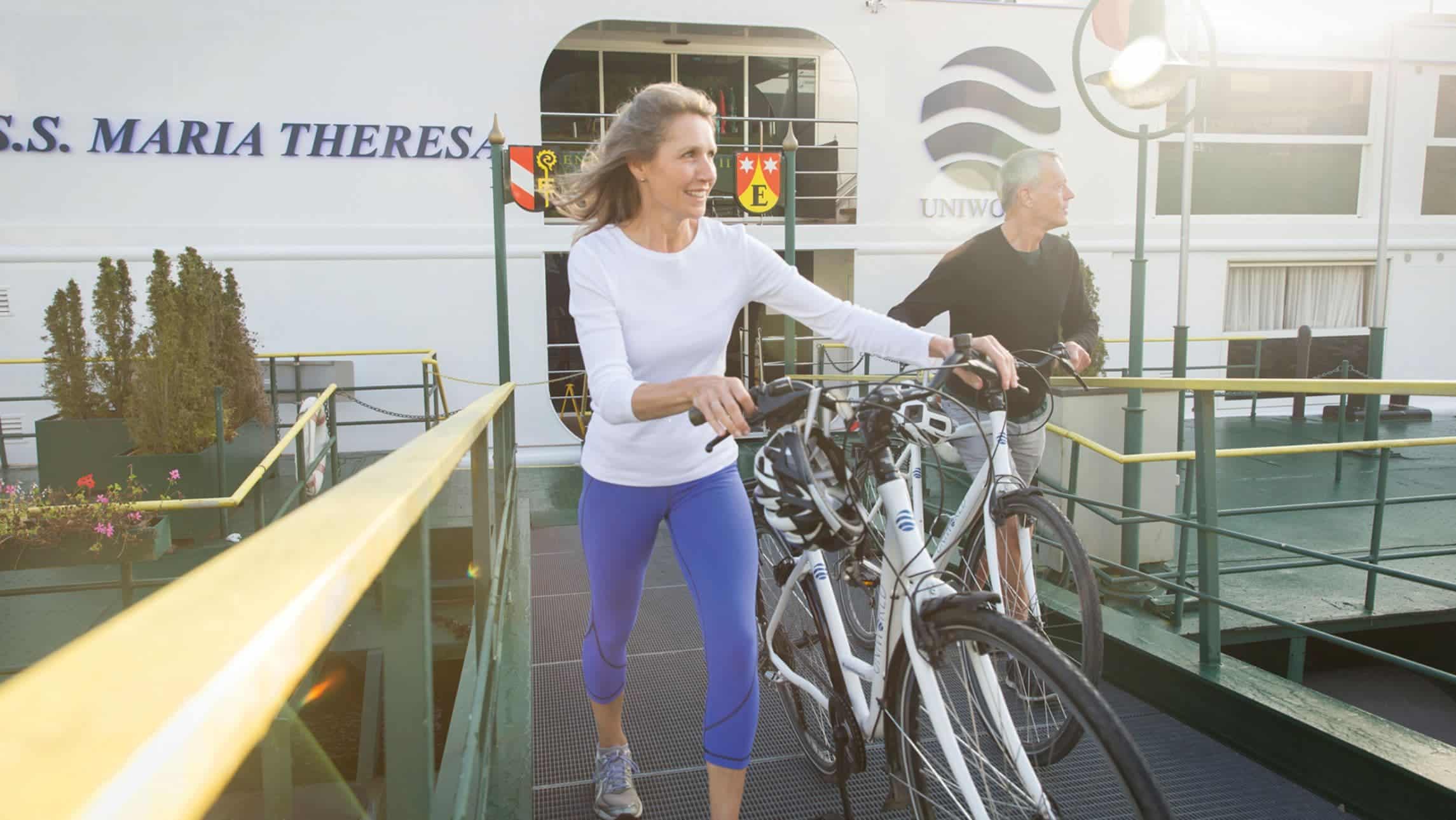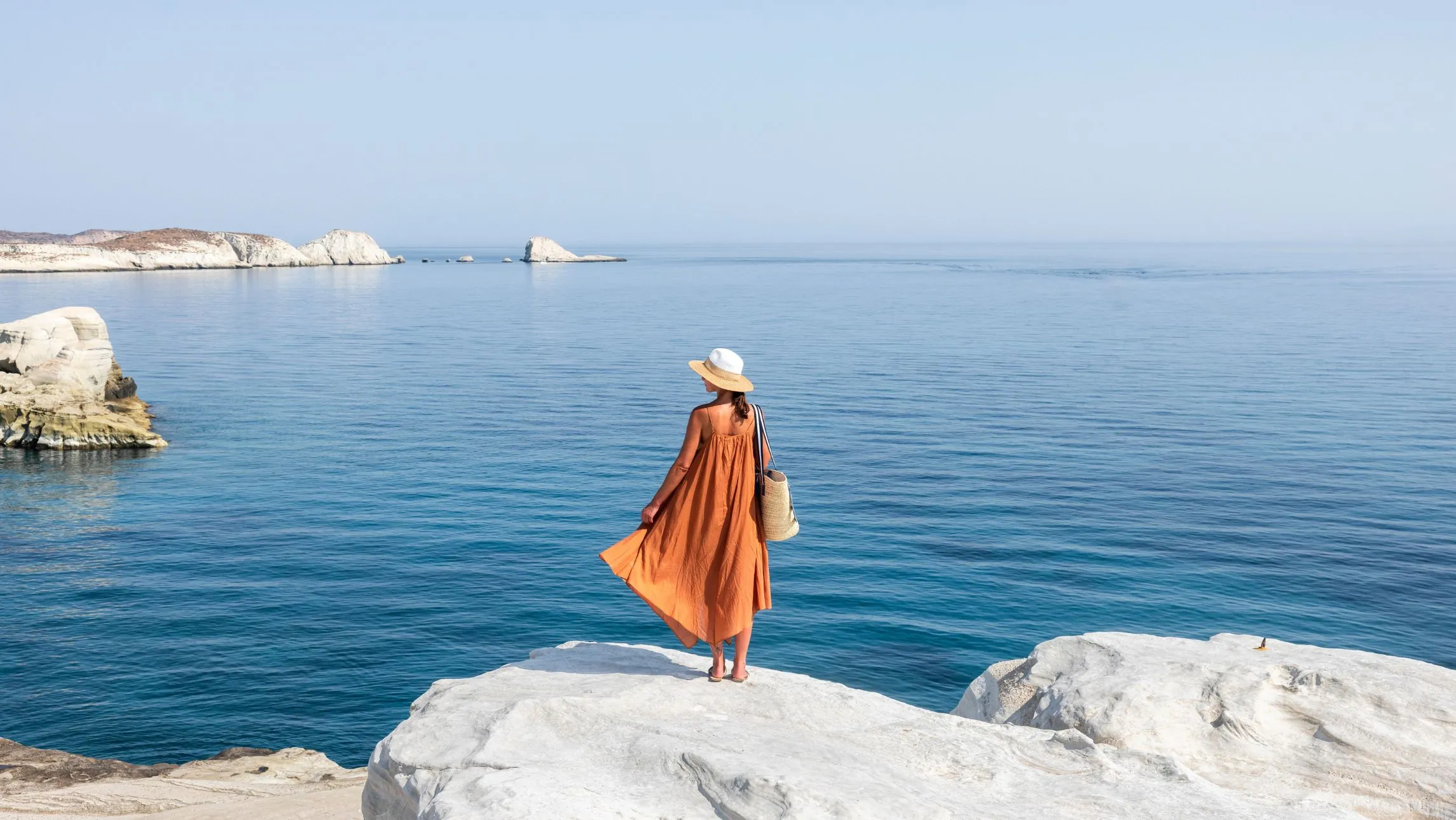With one in three people skipping a trip to the doctor before they head away on holidays, some travellers will come back with more than they bargained for – and it’s not just sunburn.
It could be as simple as a case of food-borne diarrhoea from a street stall or a puffy ankle after a fall, to a contagion from the tropics or sub-Sahara.
Food warmers pose a risk as does compromised food (ie tongs meant for the meat finding their way to the sushi, or someone picking up a bread roll then putting it back again after deciding they want white not wholemeal), kids’ grubby mitts on communal condiments or the licking of little fingers dipped in spilt soft serve.
“The trouble with food is that it’s hard to predict,” says travel physician Dr Deb Mills.
And excuse us if this sounds gross but intestinal worms, parasites, voracious mosquitos, rabid dogs and dangerous monkeys also may want to take a bite out of you. Even unprotected casual sex might mean bringing home an unwanted souvenir such as syphilis or HIV.
And taking a dip in the tepid waters of Thailand, Fiji or even Hawaii could mean hepatitis A, malaria, typhoid or amoebic meningitis, aka the very nasty naegleriasis.
What the doctor ordered…
Dr Deb has heard a few stories in her 35-odd years of being a specialist travel physician.
“I had someone call who came back from a trip and said she had a worm in her eye and she’d heard I knew something about it. I said ‘Get in here straight away’,” reports Dr Deb.
A renowned Australian travel doctor, Dr Deb says the proper pre-travel health tips can mean the difference between a trip to remember and one to forget.
“It’s crucial for travellers to organise a travel health consultation with a GP or travel doctor at least six to eight weeks prior to travel,” she says.
“The recommended vaccines will depend on exactly where they are going, what they will be doing, the duration of their stay, and their past medical and vaccine history,” she says. “Healthcare professionals are there to help travellers know how to avoid local health risks and what to do if they get sick overseas.
“The souvenir no-one wants to bring home is a germ to infect family, friends and community.”
With a passion for medicine and travel she has some top health tips for single travellers, couples and families with kids ahead of this year’s surge for summer travel.
Even pregnant women need to take extra precautions and cover up in the tropics in the event a mosquito carrying the Zika virus makes an unwanted landing.
“Saying ‘I’m just off to a friend’s wedding in Thailand’ could result in a malformed baby.”
But Dr Deb says thankfully travellers are taking more precautions than ever before as the pent-up desire for travel hits a peak. Here are her top health tips.
Dr Deb’s top health tips for travellers
- Food: Eat food that is hot to touch. It’s unlikely to have been hanging around long or been touched by human hands.
- On ships, eat food that is prepared for you. Avoid the smorgasbord.
- Drink: Don’t consume street drinks not in their original container (such as drinks in plastic bags).
- Precautions for families: Get the kids to wash their hands. Isolate if anyone gets ill.
- What to do if you get sick: Don’t self-diagnose. Have insurance, so you have a hotline. Call the ships’ doctor, that’s what they are there for.
- What to pack: A medical kit packed with bandages for cuts and scrapes, prescription medicines, seasick tablets or patches, diarrhoea “blockers”, medicine for coughs and colds, anti-nausea edible wafers for the kids, long sleeves and personal bug spray.
- Bathroom tips: The norovirus can spread through vomit and other bodily fluids in communal bathrooms. Use your own instead.









